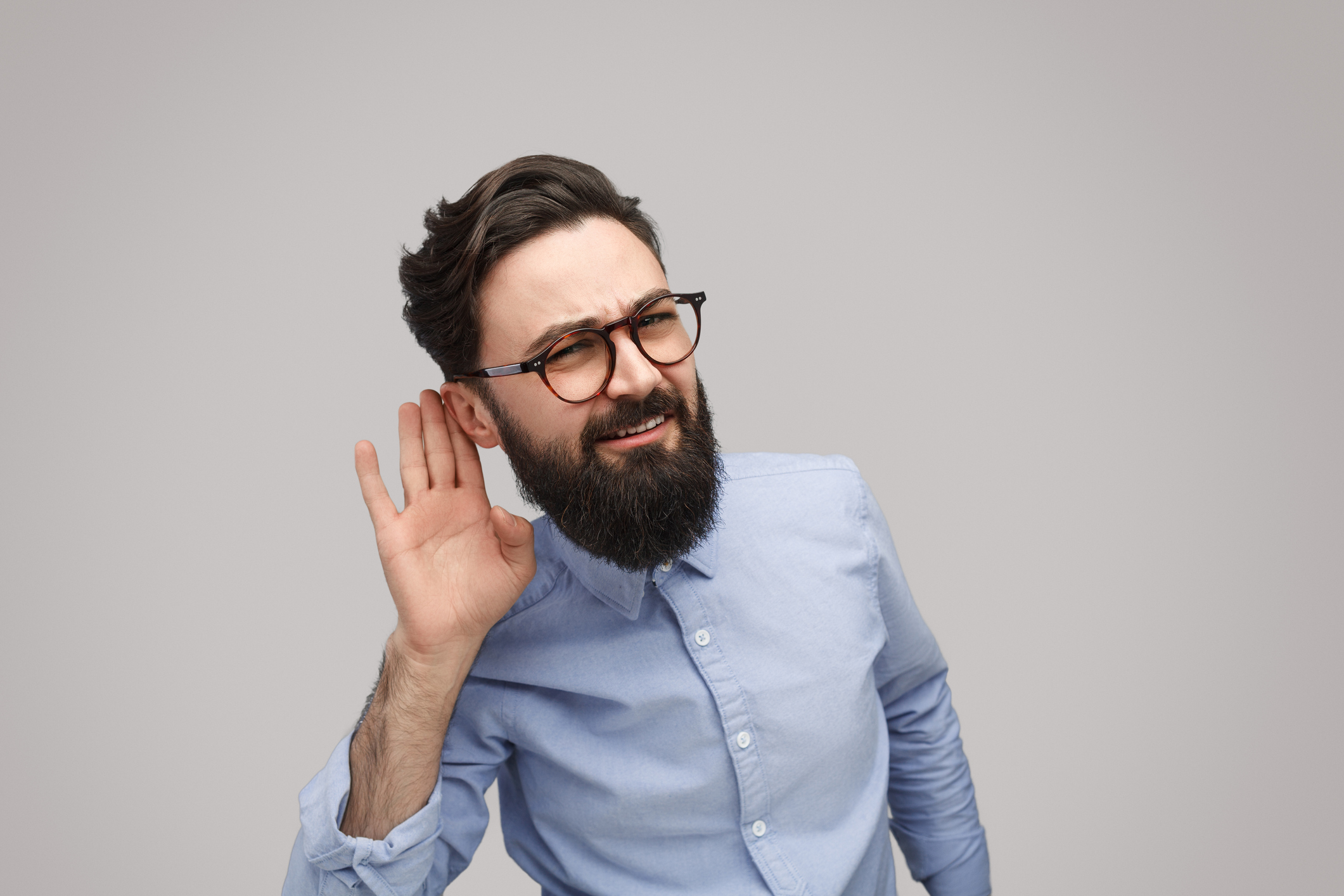

Over the past almost two years, we’ve learned that experiencing a COVID-19 infection can lead to some strange symptoms like loss of smell, taste and even COVID toes. We’ve even come to accept that the virus that causes all of the problems might even be just as dangerous (or more) for our hearts as it is for our lungs.
And the surprises keep coming…
If you’ve had COVID-19 and have begun experiencing hearing loss, vertigo or tinnitus, you should know there may be a connection with your infection.
It appears the virus can affect the inner ear and the problems, ranging from mild to profound, may continue even after “recovery” from the virus.
The results of a study, led by researchers from MIT and Massachusetts Eye and Ear, are giving us insight into the “why and how” behind these ear-related symptoms reported by some COVID patients. And this information has provided a new window into a potential protective option you can put into action as added insurance for your ears — COVID or not…
The tiny hairs that make it all possible
Many COVID-19 patients have reported symptoms involving their ears, including hearing loss and tinnitus, which got those researchers wondering, “Does COVID actually attack the ears or (since these can be common symptoms as you age anyway) is there truly no connection?”
After all, we’ve known for decades that viruses like mumps and hepatitis can go hand-in-hand with deafness, but we’ve never been able to pinpoint a true link.
So the team decided to finally nail down the answers to the ear/virus question once and for all.
They discovered that certain types of cells in our ears are wide open to infection by the SARS-CoV-2 virus (the virus that causes COVID-19).
Specifically, they found that human hair cells in the inner ear can be infected including:
- Vestibular hair cells, which are involved in sensing your head motion and maintaining balance
- Cochlear hair cells, which are involved in hearing
In other words, yes — COVID can cause you to develop tinnitus or lose your balance and hearing if it enters your ears through your Eustachian tubes or escapes from your nose through small openings surrounding your olfactory nerves and enters your brain.
Guarding your hearing
Past studies have shown that if you want to guard your hearing, powerful omega-3 fatty acids could be the answer.
Specifically, these studies showed that “among those who consumed fish two or more times each week there was a 42 percent reduction in the risk of developing hearing loss. Additionally, there was a direct longitudinal correlation between total omega-3 PUFA intake and the degree of hearing loss experienced.”
So how in the world could fish oil save your hearing? Well, the scientists believe that it works by protecting the sensitive hair cells of the cochlea.
In other words – it protects the hair cells that have proven to be an easy target for the SARS-CoV-2 virus.
This means that increasing your omega-3 intake might be just what the doctor ordered to support your hearing in general.
Whether the same benefits would affect ears previously infected with COVID, it’s hard to say. But if you have lingering hearing or inner ear symptoms it certainly wouldn’t hurt — in fact, it could do a lot of good from improving cholesterol and heart health to supporting brain health and helping you live longer.
Omega-3s fatty acids are essential nutrients your body doesn’t make on its own and unless you eat a diet high in fatty fish, you may be a little short of them.
Sources:
Study finds the SARS-CoV-2 virus can infect the inner ear – MIT
Omega-3 Fatty Acids and Hearing Loss – Designs for Health
